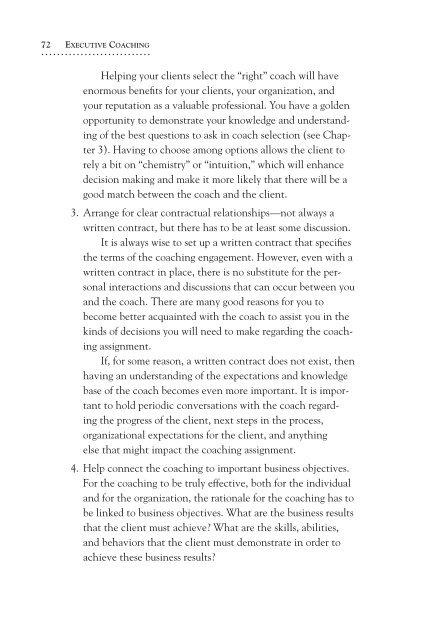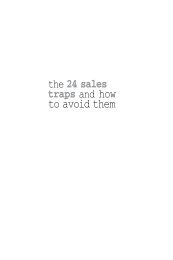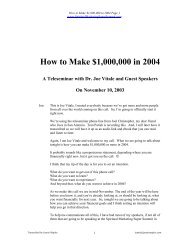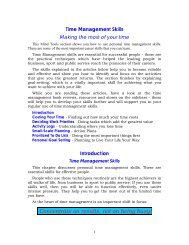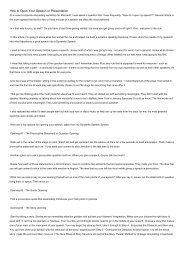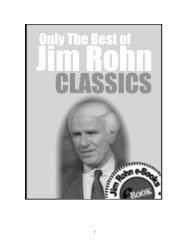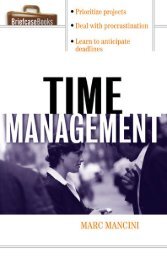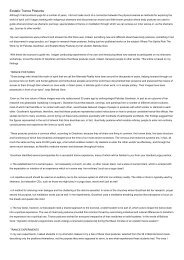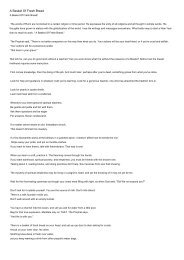Executive Coaching - A Guide For The HR Professional.pdf
Executive Coaching - A Guide For The HR Professional.pdf
Executive Coaching - A Guide For The HR Professional.pdf
You also want an ePaper? Increase the reach of your titles
YUMPU automatically turns print PDFs into web optimized ePapers that Google loves.
72 EXECUTIVE COACHING<br />
............................<br />
Helping your clients select the “right” coach will have<br />
enormous benefits for your clients, your organization, and<br />
your reputation as a valuable professional. You have a golden<br />
opportunity to demonstrate your knowledge and understanding<br />
of the best questions to ask in coach selection (see Chapter<br />
3). Having to choose among options allows the client to<br />
rely a bit on “chemistry” or “intuition,” which will enhance<br />
decision making and make it more likely that there will be a<br />
good match between the coach and the client.<br />
3. Arrange for clear contractual relationships—not always a<br />
written contract, but there has to be at least some discussion.<br />
It is always wise to set up a written contract that specifies<br />
the terms of the coaching engagement. However, even with a<br />
written contract in place, there is no substitute for the personal<br />
interactions and discussions that can occur between you<br />
and the coach. <strong>The</strong>re are many good reasons for you to<br />
become better acquainted with the coach to assist you in the<br />
kinds of decisions you will need to make regarding the coaching<br />
assignment.<br />
If, for some reason, a written contract does not exist, then<br />
having an understanding of the expectations and knowledge<br />
base of the coach becomes even more important. It is important<br />
to hold periodic conversations with the coach regarding<br />
the progress of the client, next steps in the process,<br />
organizational expectations for the client, and anything<br />
else that might impact the coaching assignment.<br />
4. Help connect the coaching to important business objectives.<br />
<strong>For</strong> the coaching to be truly effective, both for the individual<br />
and for the organization, the rationale for the coaching has to<br />
be linked to business objectives. What are the business results<br />
that the client must achieve? What are the skills, abilities,<br />
and behaviors that the client must demonstrate in order to<br />
achieve these business results?


